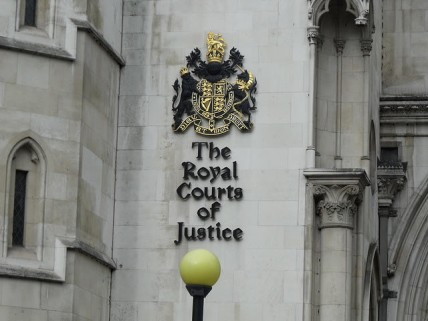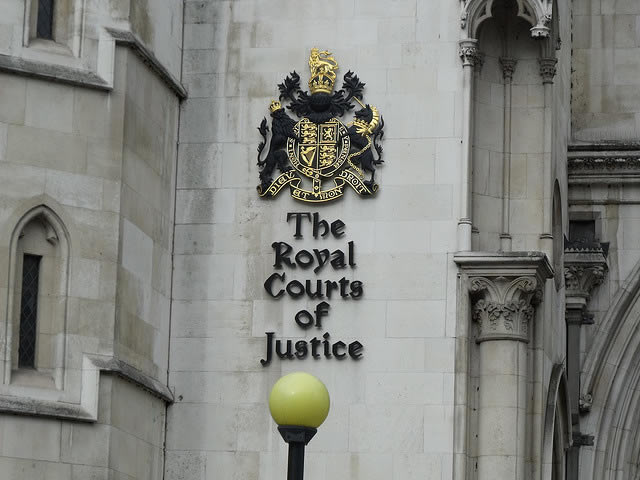
Photograph by Elliott Brown
Freedom is somewhat of a loose term no matter what you might think of those rousing speeches in films and television shows like The West Wing. There are limits on personal freedoms in order to maintain some semblance of a civilised society – personal liberties are curbed in certain circumstances as to prevent people on encroaching on the liberties of others. It’s an awkward balance.
Some limits are easy to understand such as the limits on free speech concerning the publication of material such as the “terrorist handbook” or “hate speech” which only serve in helping those that wish to break down our society. Equally, those convicted of crimes and sentenced to a jail term have various rights suspended for that term in prison, including their right to move around freely for obvious reasons.
The interaction between freedom and the law changes over time as society progresses. Being gay is no-longer an offence as it was for Oscar Wilde for example. But where do you draw these lines in the sand? We have a few cases ongoing at the moment in courts around the world that will define these rules for the future.
Firstly we have the issue of Twitter, that great 140 character liberaliser where people gossip and interact. Last month Paul Chambers had his conviction quashed in the #TWitterJokeTrial, when the High Court finally agreed that (obvious) joking about threatening another person or organisation should never be a criminal offence. However, the question remained as to whether simply making a threat on the internet, however empty, would be a prosecutable offence – and we have seen in the last few days that the police in the UK thinks it is as footballer Reece Messer received an official warning for threatening British diver Tom Daley on Twitter. The police have even admitted to “making it up as they go along” with regard to legal cases surrounding Twitter – and that is exactly the problem. Society is evolving more quickly than ever, and in the absence of any guidelines from those elected to create such laws, the police are stuck between a rock and a hard place.
Another way in which society has changed more quickly than the law can adapt is in cases of “obscenity”. Earlier in the year Michael Peacock was acquitted over publishing DVDs of the sexual act of fisting with judge finding that such material would not “deprave and corrupt” as the CPS had claimed. Now, however, the CPS are back in court attempting to prosecute a different man, Simon Walsh, for owning pictures of fisting (again) which they are claiming are “extreme pornography”. They are claiming that English law has created the odd prospect of a bedroom act being legal to perform but illegal to photograph. Whilst such legal problems could be excused for outdated laws, the Criminal Justice and Immigration Act of which Walsh is being prosecuted was brought in under the last Labour government in 2008 when such matters should have been considered in the drafting. This trial is ongoing and there is some fascinating coverage of it from Walsh’s lawyer Myles Jackman of Hodge Jones & Allen LLP.
Outside of the UK, there is an ongoing trial in Russia in which some punks protested about President Putin by miming an anti-Putin song in the main Orthodox cathedral wearing their trademark balaclavas and clashing colours for just 51 seconds (video below). And for this act of protest they are being charged with “Blasphemy” in a normally secular state and could face seven years in jail following the five months in custody they have already served. The women have taken on two institutions of Russia with their “prank” – the Church and Vladimir Putin, a man surrounded in a cult of personality. We may not revere the Church or our elected leaders in the UK, and I can’t remember the last prosecution for Blasphemy, but again this is a case of freedom in which the state, both lawmakers and prosecutors, believe that they have the right to interfere with personal liberties not for the improved functioning of society or avoiding the repression of others but for their own personal moral values.




